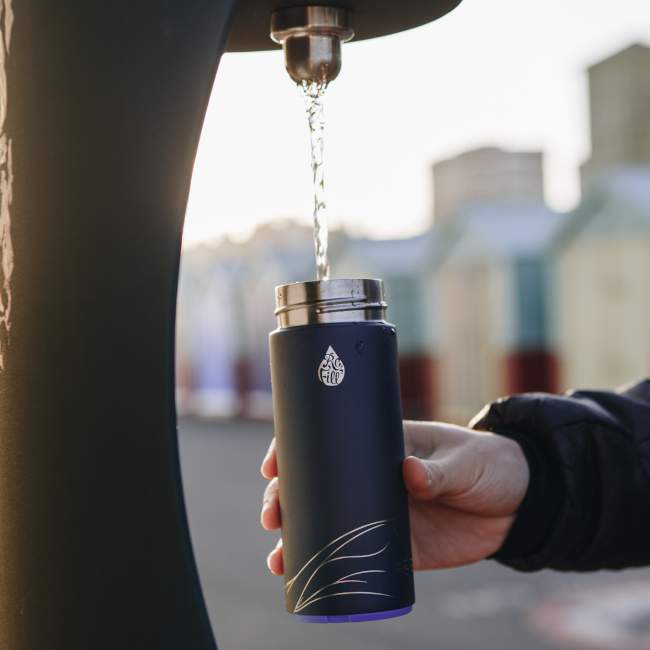Getting reusables back on the menu
helping businesses return to reUSE
As lockdown lifts and life returns to some semblance of normality, it’s been brilliant to see so many businesses starting to welcome back customers. The downside, as we’re becoming all too aware, has been a massive increase in disposable, takeaway packaging which has been littering our streets, parks and beaches. We don’t want to go back to ‘normal’. And we certainly don’t want to backtrack on the process we’ve made in tackling single-use plastic and growing the #RefillRevolution.
Instead, we need to build back better and create a new normal. We need to transition away from our single-use, disposable culture and take action to protect ourselves and our planet.
We can stay safe and protect the planet
The plastics industry has been working hard to convince us that single-use disposable plastic is the safest option, creating confusion and leading to many businesses banning reusables.

The good news
Over 125 health experts from eighteen countries have come forward releasing a public statement to reassure both businesses and consumers that reusable containers do not increase the chance of virus transmission and are safe to use, providing basic hygiene is in place. The key to safe reusables, according to the health experts’ statement, is, pretty simple. Follow “basic hygiene” steps, spray household disinfectant on hard surfaces. For dishes and cutlery, use a dishwasher. And of course, wash your hands and keep them off your face.
A whole host of trusted sources, including the WHO, Public Health England, The European Food Safety Authority, the Food Standards Agency and Food Standards Scotland, have repeatedly stated that COVID-19 is a respiratory illness and there is a minimal risk of it being transmitted by exposure to food or food packaging.
And numerous studies have come out demonstrating that the coronavirus survives in a transmittable form on all surfaces – including plastic. So, whether it’s single-use or reusable, while Coronavirus doesn’t care, our planet sure does.

Support for businesses
With the government guidance currently saying “It is up to the individual business to decide whether they allow the use of reusable cups or containers during this period”, we want to support businesses in making the right decision.
Reusables CAN be used safely and accepting them doesn’t have to be complicated – in fact, it can be super simple. If you’re a business looking for advice and support on how to safely offer reusables to your customers during COVID, we’re here to help.

CONTACTLESS COFFEE
Reusables can be used safely and accepting them doesn’t have to be complicated – in fact, it can be super simple! That’s why we’ve developed the following guidance for accepting reusable coffee cups safely.
Water Refill Guidance
If you’re a Refill Station and you want to start offering water Refills, we’re here to help. Read on to find out how to help keep your thirsty customers hydrated – and your staff safe.
7 steps businesses can take to reduce single-use plastic
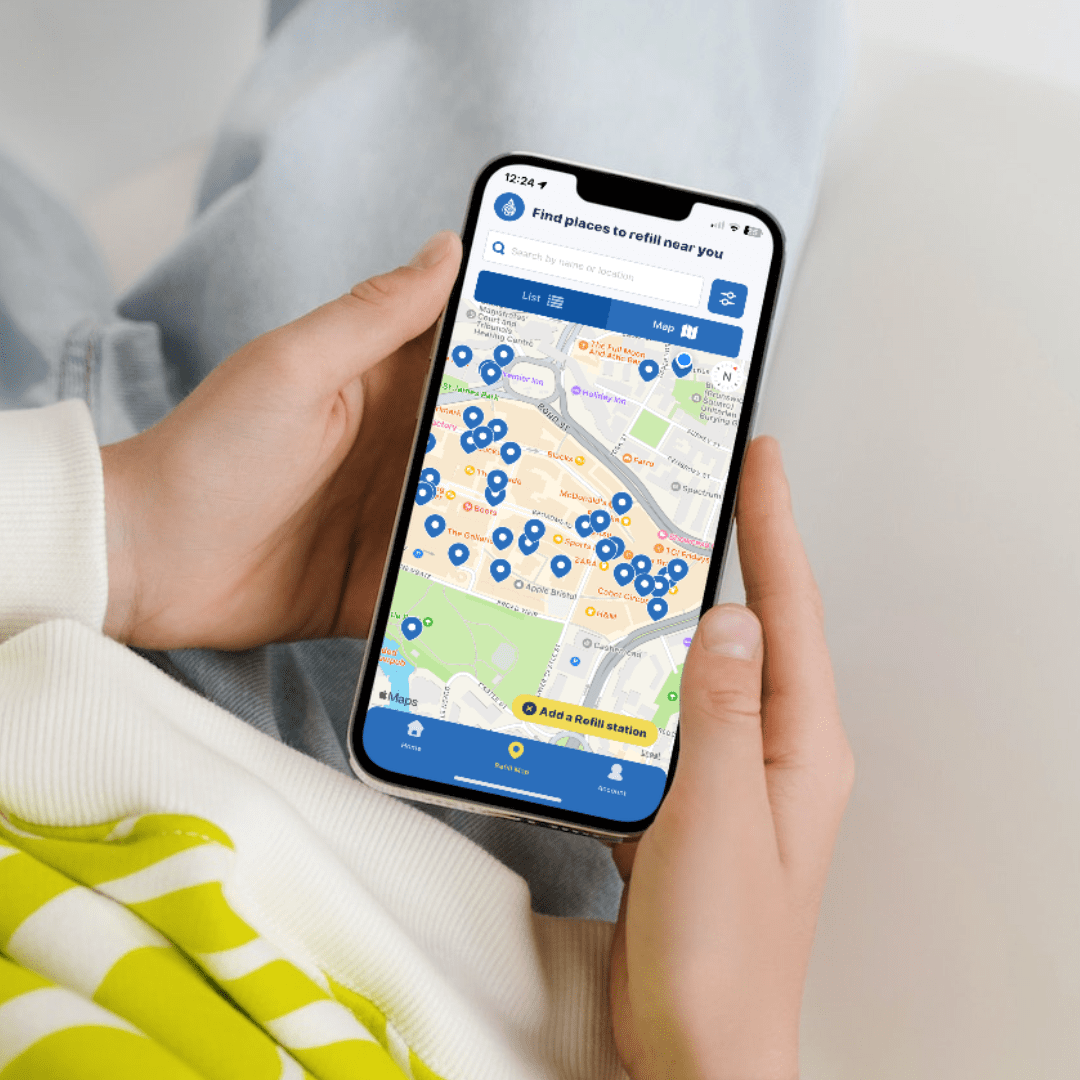
This Plastic Free July, we’ve teamed up with our friends at Greenpeace, to encourage businesses to take some simple steps to reduce plastic pollution and help their customers access more sustainable options when it comes to eating out.
REPEAT – Reuse Action Group
We’ve also launched a Reuse Action Group (REPEAT) to bring together industry experts, scientists, businesses, retailers and epidemiologists to share best practice around operating reusables during coronavirus and where possible, solve issues, challenges and concerns around adopting reusables during COVID.
By working together to galvanise our combined resource and expertise, we will create a positive step-change to ensure that when consumers take reusables to cafes and take-aways as they reopen, they are accepted and refilled.
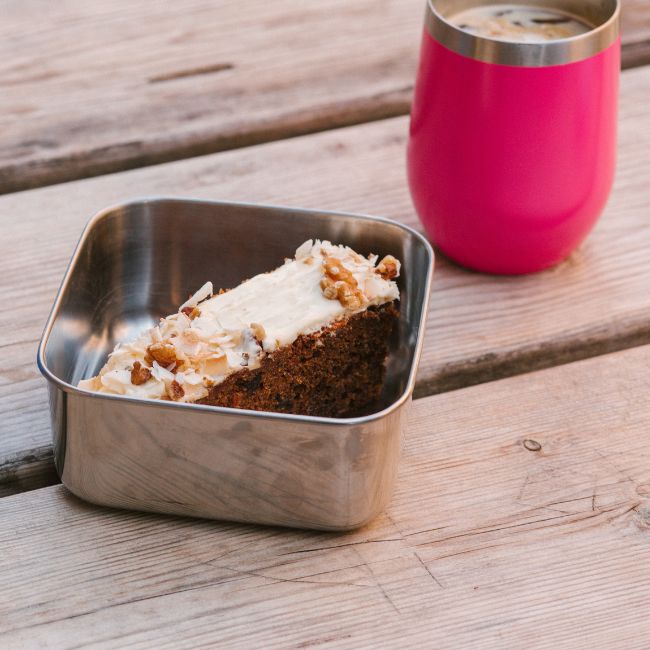
UK Chains accepting reusables
We’re delighted that these chains have kept reusables on their menu.

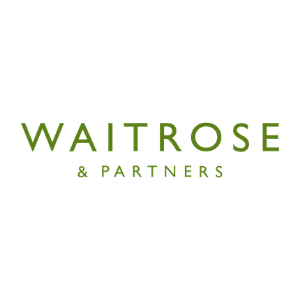

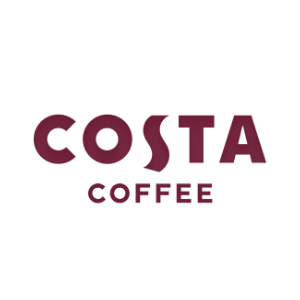
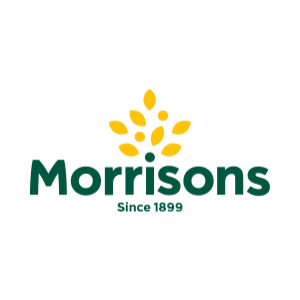
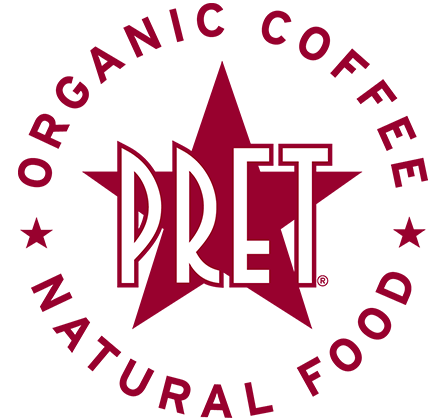

Plastic pollution doesn’t stop for a pandemic
Our beaches, parks and natural beauty spots are increasingly becoming a dumping group as we head outside to enjoy the sunshine and our new-found freedom. It’s only going to get worse if we don’t take action to tackle single-use disposable packaging. We need to rethink, refuse, reduce, and refill.
300 million
Half of the 300 million tonnes of plastic we use around the world every year is single-use.
2.5 billion
In the UK we use around 2.5 BILLION disposable coffee cups every year – less than 1% of these are recycled.
50%
50% of marine litter found on beaches in the UK is single-use.
Charlotte K Williams, a professor of chemistry at Oxford University and one of the signatories on the public statement around reusables, said: “I hope we can come out of the Covid-19 crisis more determined than ever to solve the pernicious problems associated with plastics in the environment. In terms of the general public’s response to the Covid crisis, we should make every attempt to avoid over-consumption of single-use plastics, particularly in applications like packaging.”
Individual action, global impact

#ChooseToReuse by carrying your reusables and letting the world know reusables are back, and they are here to stay.

Download the Refill app to find your nearest Refill Station and celebrate the stations which are accepting reusables.

If you find somewhere not accepting reusables, share #ContactlessCoffee and Refill water guidance to help them join the #RefillRevolution.

Share a photo of you Refilling on the go, and tag us using #RefillRevolution. Tell the world, the Refill Revolution is back and bigger than ever.

Join millions of people around the world taking action to reduce plastic pollution. Take action on 16th June 2021 for World Refill Day.
Campaign win!
Last summer, we launched a campaign calling on the UK’s biggest coffee chains to start accepting reusables again after they banned them during the pandemic. Thanks to YOU, we were successful in getting Costa, Starbucks, Caffé Nero and Pret to reverse their decision and start accepting reusable cups and bottles again, a move which will have saved thousands, if not millions of single-use coffee cups from ending up in our waste stream.
Resources and materials

If you want to go deeper into this topic, we’d recommend you check out some of the brilliant research, reports or podcasts below:
Frequently Asked Questions
If you want to know more about the science and how to stay safe. Read our FAQs below.
Can’t find what you’re looking for? Let us know and we’ll do our best to help.
Are reusables safe?
Yes, reusables are perfectly safe to use providing you’re following standard hygiene guidance. This means keeping things clean, washing your hands and anything that you’ve come into contact with regularly.
More than 125 scientists from around the world have signed a public statement in support of reusables stating: Based on the best available science and guidance from public health professionals, it is clear that reusable systems can be used safely by employing basic hygiene.
Medical experts are on the record explaining that soap and hot water are effective at killing coronavirus on reusable items. If accessible, dishwashers are more effective than hand-washing because of the added benefit of high temperature and prolonged washing.
Can COVID-19 we transmitted by reusables or food packaging?
The opinion held by a series of trusted sources (including WHO, The European Food Safety Authority, The Food and Drugs Administration, The Center for Communicable Disease, Public Health England, the Food Standards Agency and Food Standards Scotland) is that COVID-19 is a respiratory illness. It is not known to be transmitted by exposure to food or food packaging.
Despite what the plastic industry wants us to believe, the coronavirus survives in a transmittable form on all surfaces, including plastic. Viral particles can survive for a time on surfaces, but the coronavirus’ life span on surfaces depends on various factors like temperature and humidity. The Food Standards Agency says “We consider that the probability that UK consumers will receive potentially infectious exposures of SARS‐CoV‐2 via consumption of food or handling food contact materials or packaging is very low.”
Is single-use plastic safer than reusables?
Single-use plastic is no safer than reusables and causes additional public health concerns once it is discarded. The entire lifecycle of plastic is dangerous — from its extraction to its disposal. Plastic production is a hazard for communities on the fence line of production, and it’s a hazard for waste workers, recyclers, and anyone one else it comes into contact with after it’s discarded.
Sanjaya Senanayake, Associate Professor of Medicine at the Australian National University has confirmed that there’s no proven benefit to using disposable cups instead of reusables.
Studies show that the COVID-19 virus can remain infectious on all surfaces – plastic is no safer and actually some studies have shown it to remain for longer on plastic!
- A study in The New England Journal of Medicine has indicated that the virus can last three hours to seven days on surfaces, depending on the material. And a study published in the journal The Lancet found that the virus lasted longest — up to seven days — on stainless steel, plastic, and surgical masks.
- Another study, published March 1st in the Journal of Hospital Infection, the virus lasted for two days on steel, four days on wood and glass, and five days on metal, plastic, and ceramics.
What’s the advice on reusables?
The Government guidance is that “It is up to the individual business to decide whether they allow the use of reusable cups or containers during this period. If reusable cups or containers are used, they should be washed thoroughly in hot, soapy water, or in a dishwasher, if suitable.” We’re on hand to help you do this safely – just check out the guidance above.
And the World Health Organisation advises that the risk of catching the virus that causes COVID-19 from a package that has been moved, travelled, and exposed to different conditions and temperature is also very low. While food packaging is not known to present a specific risk, efforts should be made to ensure it is cleaned and handled in line with usual food safety practices. Staff should continue to follow existing risk assessments and safe systems of working. No additional precautions need to be taken.”
What health & hygiene processes should businesses have in place?
The UK guidance covering restaurants offering takeaways/deliveries and shops and business that can open to the public outlines steps to minimise action when interacting with the public (e.g. when selling food or drinks) by minimising contact, creating physical screens, cleaning the workplace and providing site guidance on social distancing and hygiene etc. Providing this guidance is followed, it is safe for businesses to continue to offer refills to their customers.
- Food Standards Agency: Personal hygiene.
- Government advice: Cleaning in non-healthcare settings.
- Sustainable Restaurant Association: ‘Re-open Right’ webpage.
- British Retail Consortium: ‘Social Distancing and PPE FAQ’.
- Food Standards Agency: ‘Checklist for re-opening’.
- Food Standards Agency Guidance: Adapting restaurants for take-away and food delivery during COVID19.
- WHO Guidance for food safety and hygiene.
- BEIS Guidance for Takeaways and Restaurants.


